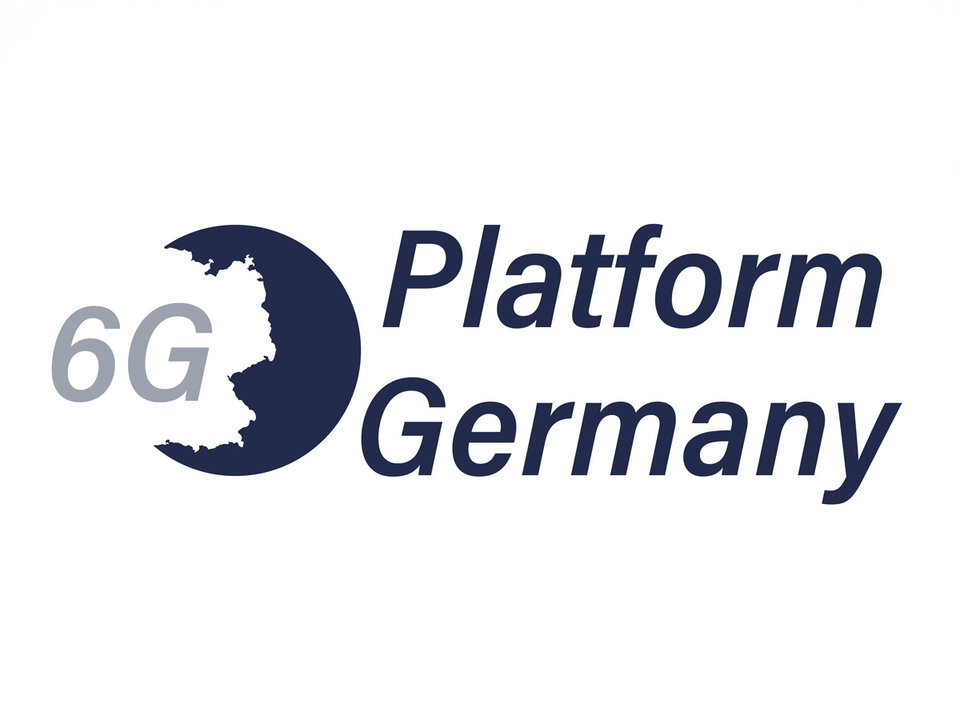6G Platform

6G is already the sixth generation of mobile communications. The Barkhausen Institut participates in the research and development of 6G by being part of the 6G Platform project. Within the project, the BI conducts research on trustworthiness issues and designs new formats of science communication.
The new 6G mobile communications standard uses higher frequencies, enabling higher data rates. Delays in data transmission (latencies) will be further reduced, for example, through the standardized introduction of multi-access edge computing. In other words, data that were previously sent to distant servers for processing are now instead distributed to many small and distributed processing units (edge devices) in the immediate vicinity of their collection. This ensures that less data need to be transmitted to a central data center while averting data congestion.
Artificial intelligence will contribute to network optimization, for example, by recognizing where there is high demand for data transmission and by providing additional bandwidth accordingly.
These and many other innovations will shape the 6G mobile communications standard.
As physical objects in the real world become increasingly connected over the Internet, the trustworthiness of the "Internet of Things" is becoming much more important. For example, an autonomously driving car can cause serious accidents if the system is tampered with, fails or malfunctions. To enhance the security of 6G, Barkhausen Institut is researching, among other things, how messages can be securely encrypted by drawing on the unique properties of the radio channel between the sender and receiver. It is also investigating how the radio waves used to transmit data can on top of that accurately determine location and sense the environment.
Science communication on the 6G Platform project will provide insights into the current research and convey basic knowledge. Taking citizens’ needs, questions and concerns into consideration is particularly important in this regard. For this purpose, Barkhausen Institut organizes various events formats to inform the public and engage in a dialog.
In addition to the Barkhausen Institut, partners in the 6G Platform project include eight other German universities and research institutions. Since October 2021, the 6G Platform has been creating a structured space for networking between four 6G research alliances to drive the development of new next-generation mobile technologies in Germany. It accompanies the scientific-organizational processes and makes scientific contributions to the content of 6G. The focus here is on issues with high social relevance, such as sustainability, privacy and security.
The Federal Ministry of Research, Technology and Space (BMFTR) is funding the 6G Platform as part of the funding measure "6G Research Hubs; Platform for Future Communication Technologies and 6G.” The funding measure is part of the BMFTR's 6G Initiative as part of the implementation of the German government's Future and Economic Stimulus Package.
Project duration: 2021-2025
Contact: Prof. Dr. Gerhard Fettweis, gerhard.fettweis@barkhauseninstitut.org; Dr.-Ing. Stefan Köpsell, stefan.koepsell@barkhauseninstitut.org; Carolin Fischer, carolin.fischer@barkhauseninstitut.org
Cooperation partners: German Research Center for Artificial Intelligence (DFKI) GmbH, Fraunhofer Institute for Integrated Circuits (IIS), Friedrich-Alexander University Erlangen-Nürnberg (FAU), Institute for Automation and Communication e.V. (ifak), Technische Universität Berlin (TUB), Technische Universität Dresden (TUD), Technische Universität Kaiserslautern (TUK), Universität Bremen (UB)

